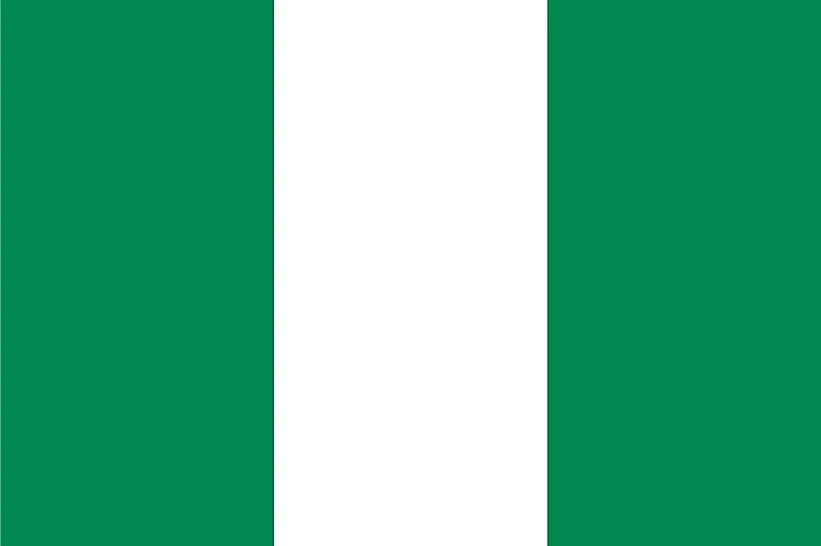
Nigeria
| Continent | Africa |
| Capital | Abuja |
| Population | 186,053,386 |
| GDP | $1.09 Trillion |
| GDP per Capita | $5,900 |
| Dialing Code | +234 |
| ISO Code (2-letter) | NG |
| ISO Code (3-letter) | NGA |
Nigeria Landscapes






About Nigeria
Welcome to Nigeria, a nation where ancient kingdoms meet modern dynamism. With approximately 213 million people occupying 923,768 square kilometers, Nigeria combines remarkable cultural diversity with economic power, standing as Africa’s most populous country and largest economy.
Geographic Features and Natural Beauty
Nigeria’s geography encompasses extraordinary diversity, from tropical rainforests in the south to savannas in the north. The country features two major rivers, the Niger and Benue, which converge to create a distinctive Y-shaped waterway system.
The landscape includes coastal mangroves, the Jos Plateau’s dramatic rock formations, and extensive rainforests. The country’s varied topography creates multiple climate zones, supporting rich biodiversity.
Protected areas include Cross River National Park, Yankari Game Reserve, and various forest reserves protecting unique ecosystems. The country’s commitment to environmental protection focuses on preserving biodiversity while managing development pressures.
Cultural Heritage and Traditions
Nigerian culture represents a rich mosaic of over 250 ethnic groups, including the Yoruba, Hausa, Igbo, and many others. The country’s heritage includes ancient kingdoms, distinctive artistic traditions, and vibrant contemporary culture.
Traditional arts include bronze casting from Benin, indigo dyeing, and various textile traditions. Music and dance remain central to cultural expression, while Nigeria’s film industry (Nollywood) has become Africa’s largest.
Nigerian cuisine varies by region but commonly features dishes like jollof rice, egusi soup, and various stews. The tradition of community celebrations and festivals remains central to cultural life.
Historical Journey
Nigeria’s history spans from ancient civilizations through colonial period to modern nationhood. The country’s territory was home to several sophisticated kingdoms and empires.
Significant periods include the Nok civilization, the Benin Empire, British colonial rule, independence in 1960, and subsequent political developments. The country’s rich historical legacy continues to influence its cultural identity.
Modern Economic Landscape
Today’s Nigerian economy is Africa’s largest, combining oil wealth with diversifying sectors. The country has developed significant capacity in finance, technology, and entertainment.
Recent initiatives focus on economic diversification, digital innovation, and infrastructure development. Nigeria’s large population and natural resources provide opportunities for continued growth.
International Relations and Global Position
Nigeria maintains active leadership in African affairs while fostering international partnerships. The country’s economic power and cultural influence extend its impact globally.
Did You Know?
• Nigeria’s film industry, Nollywood, produces more movies annually than Hollywood?
• The ancient Benin Kingdom created bronze artworks that rival Renaissance masterpieces?
• Lagos is one of the world’s fastest-growing megacities?
• Nigeria has the highest number of Black billionaires in the world?
Conclusion
Nigeria represents a unique combination of cultural richness and economic potential. From its ancient kingdoms to its modern cities, from its traditional arts to its digital innovation, Nigeria continues to evolve while preserving its diverse heritage. As it addresses challenges including sustainable development and social inclusion, Nigeria remains committed to its role as Africa’s giant while fostering unity in diversity.